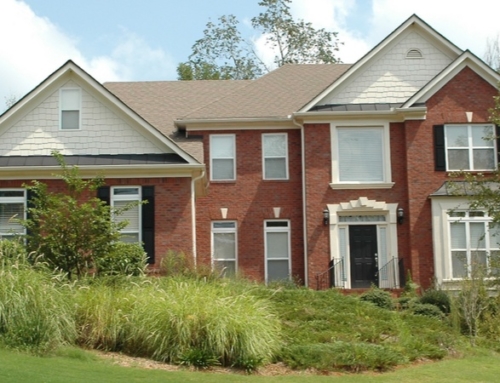Q: When my mother gave her house to my two sisters and me in 1989, she put a fair market value of $30,000 on it in her 1989 tax return.
We recently sold the house for $69,000.
My sisters think we can now list its 1989 fair market value as $50,000 on our taxes. They get to that number because we made improvements to the house of $19,410. Our selling costs were $800, and we sold the house for $69,000.
If we can get the basis of the home to $50,000, we would owe no capital gains on the sale.
I think we must either amend my mother’s 1989 return, or use the original fair market value of $30,000 and pay whatever capital gains are due — we think it’s about $1,200 due in taxes from each of us on the adjusted basis.
A: As if often the case with sisters, you’re all partly right.
If you spent $19,410 to improve the house and another $800 to sell it, you’ve just added $20,200 to the cost basis of the property. Cost basis is important because it affects directly how much profit you actually have.
The way you calculate profit for tax purposes is to add up the costs of purchase (which are zero in your case), the cost of sale (advertising, title, broker’s commission), and the cost of any capital improvements (a new roof, new septic system, room addition). Then, you subtract that number from the sales price.
In your case, you sold the house for $69,000 and your cost basis is $30,000 plus $20,200, plus any costs you didn’t include in your email. That would bring your cost basis up to about $50,000.
So, your profit on the property would appear to be $19,000. Divided three ways, that comes to $6,333. Depending on your other income, you’d pay federal capital gains tax of up to 15 percent on that number plus any state tax that is owed.
But there are a few other questions you have to answer. Does anyone live in the house as their primary residence? Let’s say you and your sisters live in the house as your primary residence. Then, you would each be able to sell the property and keep up to $250,000 in capital gains tax free. (State tax law generally follows the federal law for primary residences so the profits would be state tax free as well.)
Here’s another scenario: If you’ve rented the property all these years, and have depreciated it on your tax returns, then your tax number will be different because the federal government requires you to “recapture” that depreciation.
As far as going back to 1989 to amend your mother’s tax return, I don’t believe you need to go in that direction. For more details, please see your accountant or tax preparer. You might also want to look at IRS publication 523 “Selling Your Home,” available for free at IRS.gov.
April 11, 2006.






Leave A Comment